A huge audience from Damanhour and surrounding areas witnessed the first stop of MedFest Cinema Nights in Lower Egypt at Damanhour Cultural Complex Theater. The attendees interacted during the discussion, in the presence of veteran actress Salwa Mohamed Ali, Consultant Psychiatrist at Cairo University and Founder of Rakhawy Institute, Prof. Dr. Mona Al-Rakhawy, and actress Miran Abdelwareth, moderated by Film Program director at Bibliotheca Alexandria, documentary director Ahmed Nabil.
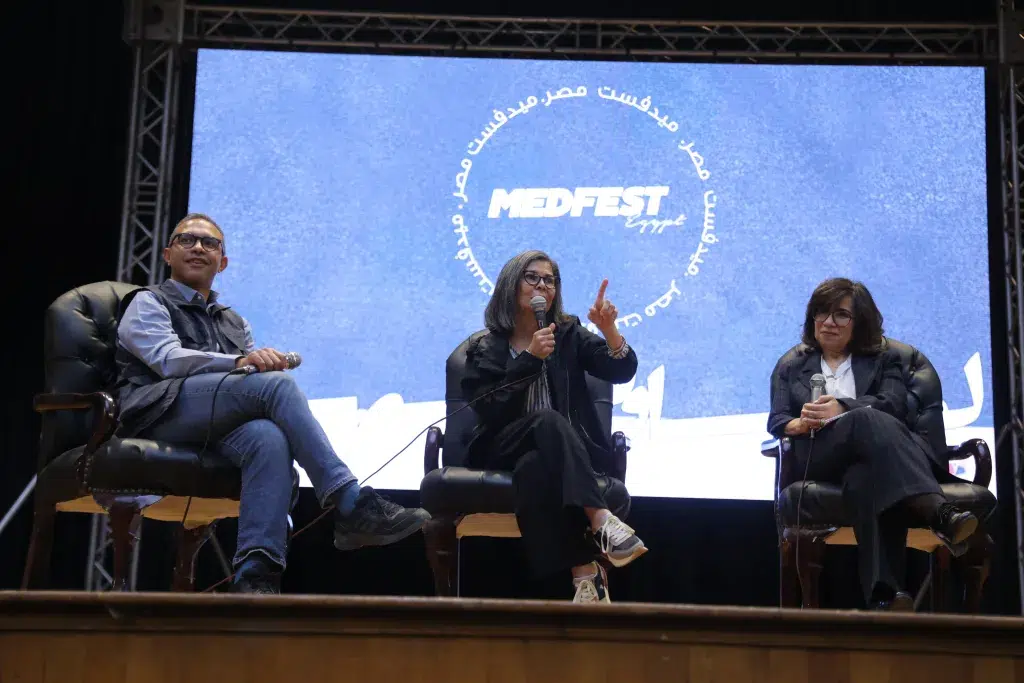
The discussion focused on the relationships that lead to violence and the impact of violence on health, which was held after screening 4 short films highlighting the same theme.
During the discussion, Professor of Psychiatry at Cairo University and Founder of Rakhawy Institute, Dr. Mona Al-Rakhawy, expressed her gladness with such productive discussion which she didn’t expect to be so fascinating. She didn’t expect the audience to interact with it in this manner. She added that she was keen to watch the films, for they are so significant.
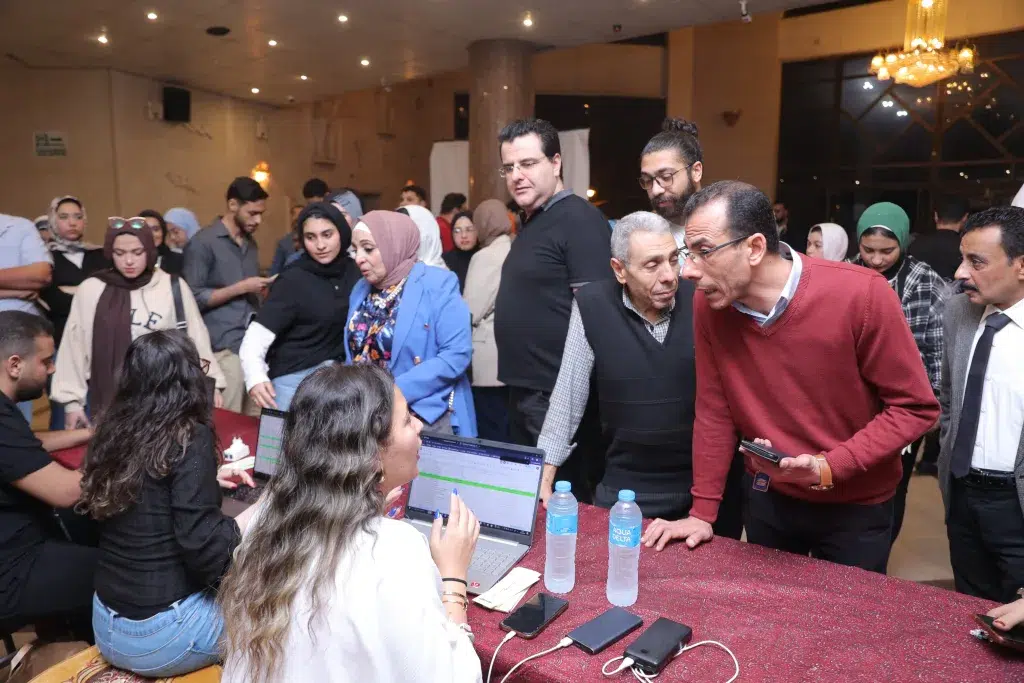
There was a catchy sequence, starting with “Zaffa”; highlighting the wedding party until a lady says “no”. Life is not black and white. Additionally, films don’t offer solutions; they highlight ideas and propose questions. Medicine doesn’t always offer all solutions, it raises questions and give an opportunity for feelings to think. Al-Rakhawy emphasized the necessity of benefiting from this gathering through having more work plans, and discussions. It is also necessary to engage diverse categories of audiences.
Actress Salwa Mohamed Ali noted that the selected films are unique and diversified, highlight multiple topics, and focus on the true mission of art; entertainment. She liked Noha Adel’s “Marsheder”, which takes place in a single day that completely changes the lives of its stars. She mentioned that she watched all the films of its director.
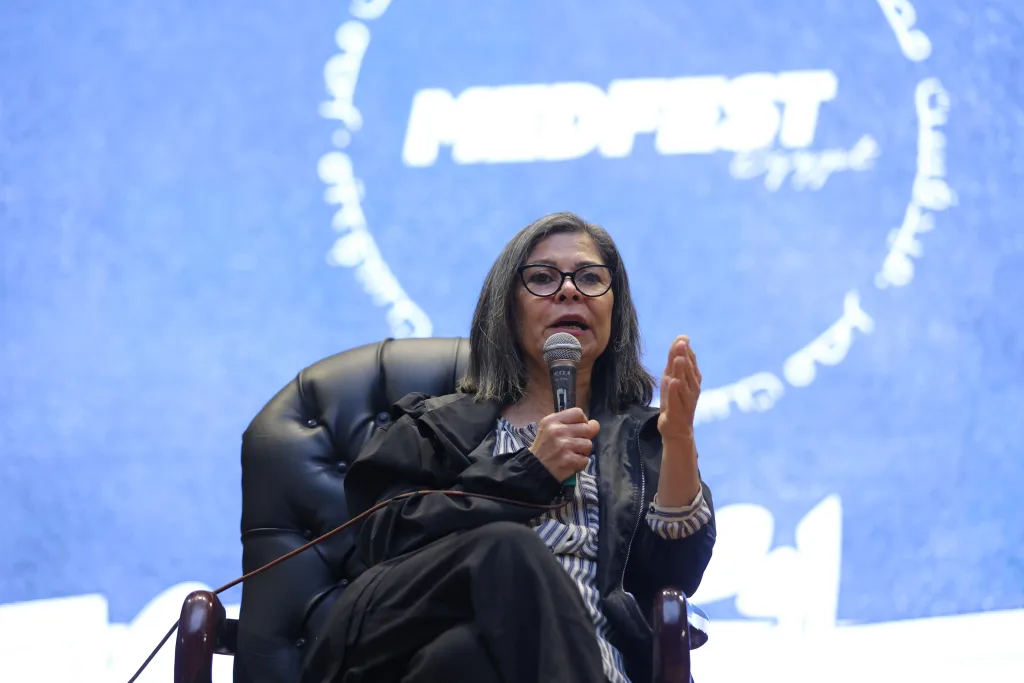
The film highlighted a very significant idea; “What if?” The film’s heroine is convinced that her opinion is true, while another person tries all the time to convince her otherwise. Each of them believes that he is right. Basically, she confirmed that she loves this type of works.
The film highlighted different intellectual levels, male and female views, religion, society, and even animals, through a simple, entertaining story. During the symposium, Salwa raised a question; “Do men who commit domestic violence in Egypt undergo psychiatric treatment?”
Artist Miran Abdelwareth stated that she didn’t expect this huge attendance and underlined the significance of decentralization when it comes to delivering art and diversified views to such governorates. Abdelwareth noted that such discussions result in diversified ideas and unique perspectives for films that are different from what she knew and grew up on.
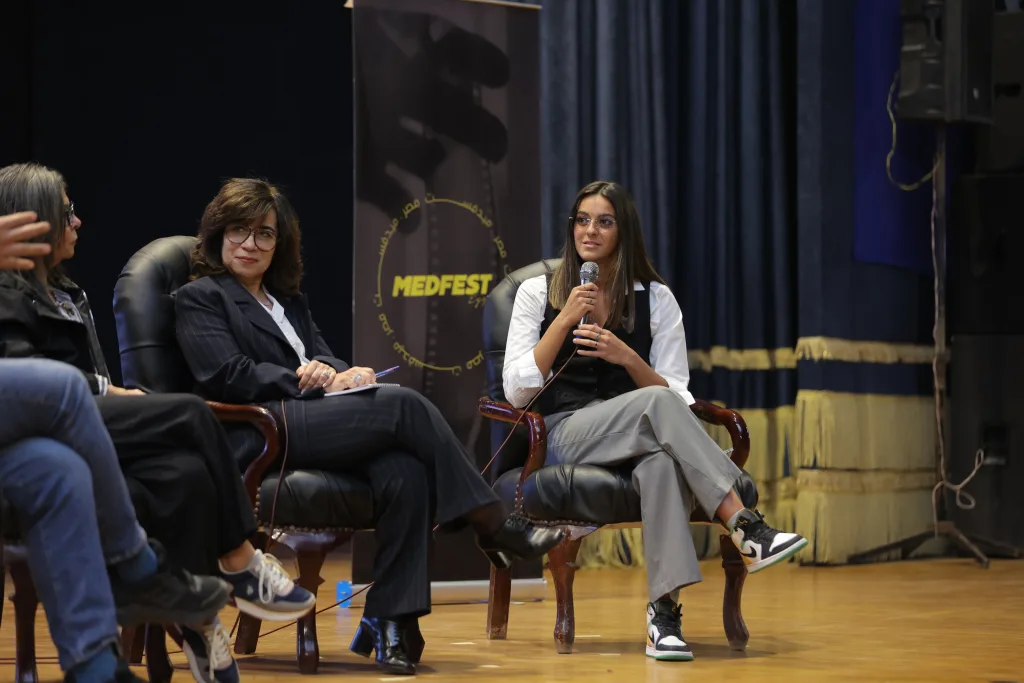
This is one of the advantages of watching films in a different environment. Furthermore, she stressed her love for watching films with the audience, for she is always affected by people’s energies and the way they watch the film. Discussions make films more lively and shed light on diversified messages through different perspectives.
In addition to watching films and enjoying discussions, most of the attendees noted that they like films that propose significant questions. Others also emphasized that everyone needs psychological support. Additionally, there is no shame in seeking help. Some of the attendees expressed their opinions on films, as well as humanitarian analyses. They also discussed the need for low-cost psychiatric treatment, for everyone needs such kind of support.
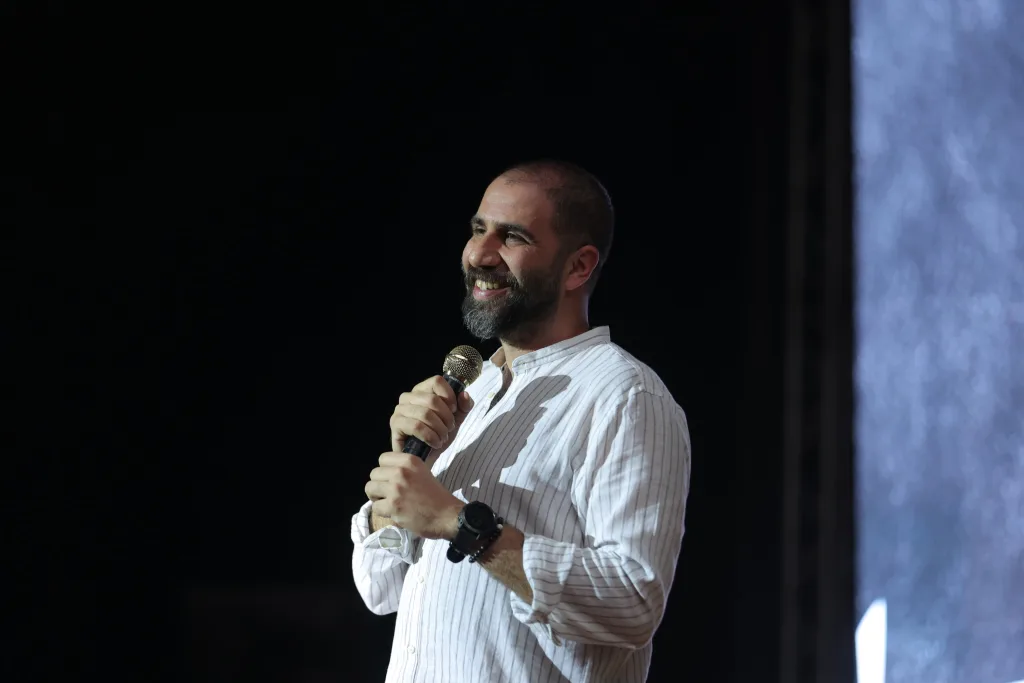
MedFest Co-founder, Dr. Mina El-Naggar, expressed his delight at the success of the film night and the audiences’ interaction. There was a huge attendance from Damanhour University, Damanhour Opera, Culture Palace, and National Council for Women in Beheira. While watching the films, the audiences laugh, cry and express dissatisfaction.
The discussions were so fruitful, especially when actress Salwa Mohamed Ali asked about the possibility of making a film like “Group” in Egypt. This question resulted in great interaction. There were also side discussions. Holding such discussions is one of the main goals of MedFest Nights. El-Naggar announced that the cinematic night in Damanhour combined art and mental health impacts.
Through “MedFest Egypt Film Forum”, everyone is keen to discuss the relation between mental health and cinema, and gender-based violence. El-Naggar noted that a group of films -the content of which is mental health- are screened.
The forum brings together health and films. There is no dramatic work that is free from medical specifics in their different forms. The screened films are: Ahmed Samir’s “Zaffa”, an Egyptian short film which tells the story of a wedding that is turned upside down after rumors start spreading that the groom is planning to run away, and the American documentary “Group”, which tells the story of three men convicted of domestic abuse. They confront the beliefs and situations that caused that abuse, aided by group therapy.
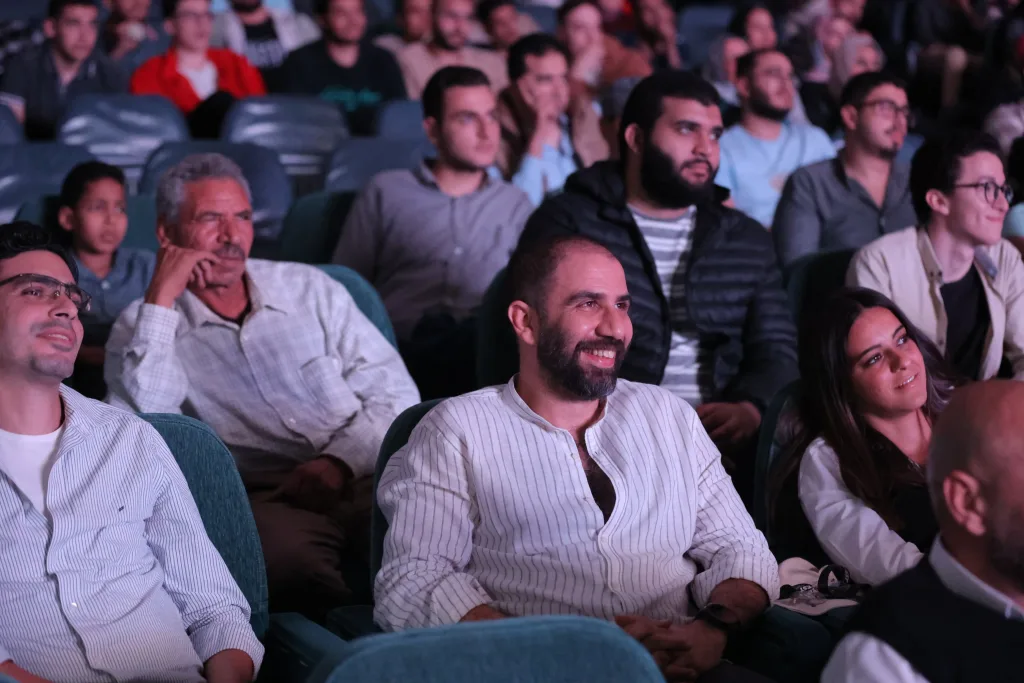
Murad Abu Aisha’s “An Invitation From Nowhere to the Sea” is a Jordanian short narrative that tells the story of a 12-year-old Yasmine who tries to avoid a predetermined fate. Thus, she and her elder sister Ahlam, decide to flee beyond the limits set by their father, challenging the enemy that lies deep inside in order to reach the legendary sea. The last film is Noha Adel’s “Marsheder” which takes place in a single day that completely changes the lives of its stars.
“MedFest Cinema Night” are held in the context of cooperation with the British Embassy, as part of “For Her and With Her” project for qualifying cadres capable of organizing cultural events with respect for gender equality. Basically, the “MedFest Cinema Nights” forum moved from Sohag -Upper Egypt- on February 25th, Minya, and Beni Suef, to start its new journey in Lower Egypt; Damanhour, Mansoura, and Port Said.




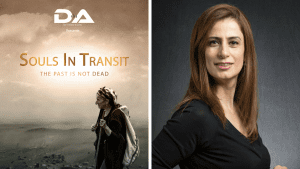




What do you think?
It is nice to know your opinion. Leave a comment.